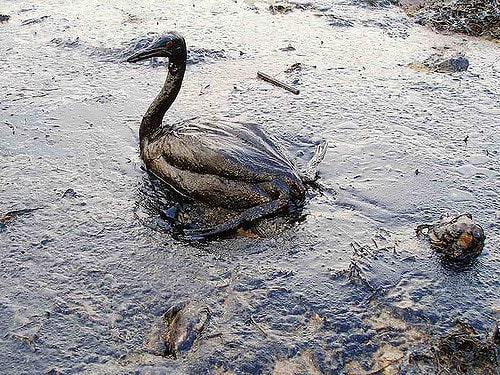The People And Agendas Pushing Sustainability Forward

New corporations are continually changing the market to ensure it becomes more sustainable, unlike in the past, where corporations integrated sustainable practices in their operations.
Business sustainability is a concept that has been there for a long time since the creation of environmental regulations and the modern environmental movement in the 1970s.
Today, over 90% of companies insist that sustainability is important for their success, with companies making sustainable products even from recycled materials and publishing sustainability reports.
What is Sustainability?
Sustainability is meeting the present generation’s needs without compromising the needs of future generations. That means using the natural resources in moderation and keeping the environment safe for the future generation.
According to many GetSmarter sustainability survey respondents, they understand sustainability in terms of responsible production and consumption, affordable and clean energy, sanitation and clean water, sustainable communities and cities, and climate action.
While some may confuse it with environmentalism, sustainability is much broader. Environmentalism is part of the concept, but it also integrates social equity, environmental health, and economic vitality to help create healthy, diverse, resilient, and thriving communities for present and future generations.
Globally, people understand sustainability as having three areas of focus: environmental, governance, and social. These areas also make up the main criteria that people use to measure most development plans and sustainability agendas.
Environmental sustainability considers how a company or individual acts as a nature steward. It is the responsibility to protect global ecosystems and conserve natural resources.
Social sustainability observes how businesses manage their relationships with the community where it is based, employees, customers, and suppliers.
Sustainable governance is all about internal controls, responsible leadership, executive pay, audits, and the company’s implementation of sustainability strategies.
Why is Sustainability Important?
Sustainability helps protect the ecosystem by preserving natural generation and also improves our lives’ quality. It also helps reduce costs that would have otherwise gone into energy.
Sustainability Goals
There are many individual sustainability goals, but they are grouped into five categories that indicate how all the goals are intertwined.
• People- Sustainability goals show the world’s determination to eliminate hunger and poverty in all dimensions and forms. That will ensure that everybody can achieve their potential in a healthy environment, equality, and dignity.
• Planet- Sustainability goals are set to protect the planet to ensure that it caters to the current generation’s needs and those of the future generation.
• Prosperity- Sustainability goals aim to see everyone enjoying fulfilling and prosperous lives and that social, economic, and technological progress happens in synch with nature.
• Peace- Sustainability goals are set to foster just, peaceful, and inclusive societies for sustainable development.
• Partnerships- Sustainability goals encourage people to have a strengthened global solidarity spirit to help solve problems that go beyond sectors and geographies.
Sustainability Agenda And People
The sustainability agenda starts with a company committing to integrating environmental, social, ethical, and economic factors into its strategic decision-making. It trickles down to the company evaluating how these factors affect their business operations.
Some of the things that the company should look at when evaluating those effects include all their stakeholders (employees, suppliers, shareholders, partners, etc.). They should also access the opportunities and risks that the factors present to the company.
The sustainability agenda finally requires the companies to assess their businesses, take advantage of the new opportunities and adopt mitigation measures for the risks.
Sustainability is the solution to factors that change the world, like social inequality, climate change, and poor governance. The best way to get positive, long-lasting, sustainable changes is by an effective sustainability agenda and the right skills






